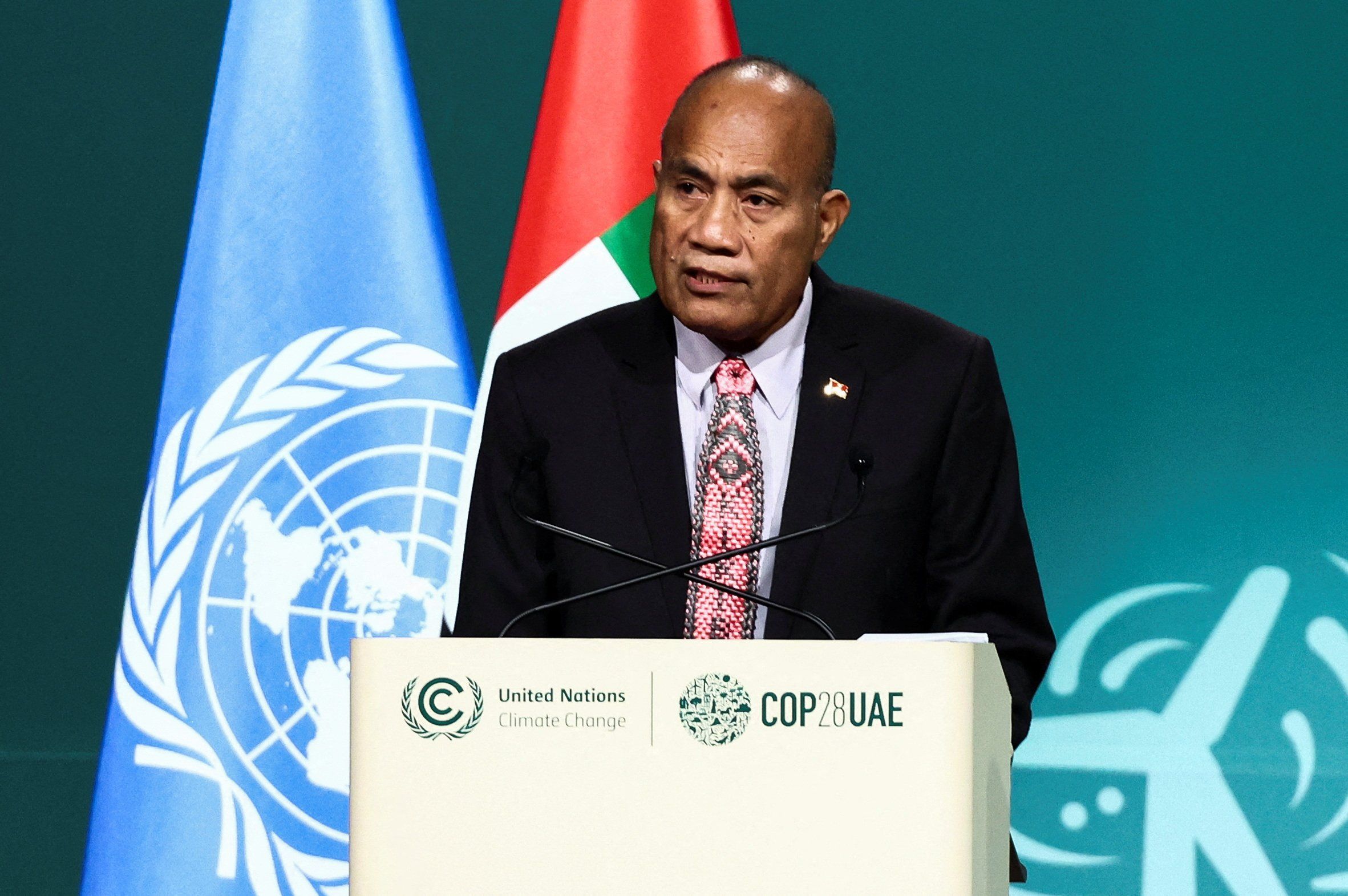It’s the most important election you probably haven’t heard of. In the remote Pacific island nation of Kiribati, population 120,000, President Taneti Maamau wants to extend his decade in power - and deepen his country’s increasingly cozy relationship with China.
In 2019, Maamau shifted Kiribati’s allegiancefrom Taiwan to China and in 2021scrapped fishing limits to accommodate Chinese tuna boats.Chinese police are also active on the island, whilean American request to establish an embassy has stalled. The opposition has criticized Maamau’s Beijing buddy-up, and accuses him of undermining Kiribati’s courts.
Best known for its vulnerability to climate change, Kiribati is strategically located just 1,340 miles south of Hawaii. It commands the world’s largest economic zone as well as an aging airstripthat China has recently promised to rebuild.
But economic concerns are growing, as China’s funding for a 20-year development plan has been offset by declining foreign aid,and external debt is rising fast.
Some 114 candidates are contesting 44 seats in a vote that begins Wednesday and ends with a run-off on Sunday. The presidential election will take place in October. We’ll be watching to see whether Maamau clings to power, or the China-skeptic opposition gains ground.